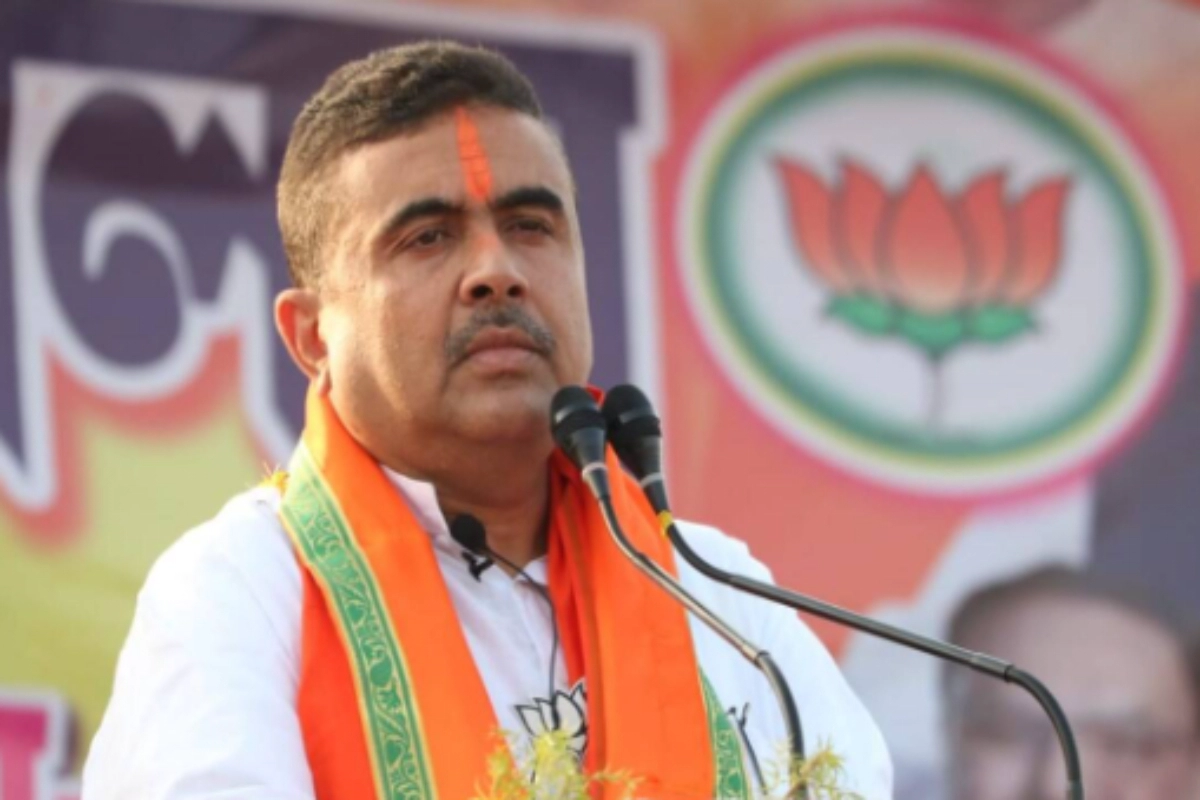West Bengal News: The state executive meeting of the BJP in Kolkata has become a platform for Shubhendu Adhikari to voice major strategy and rhetoric changes. One such major change, according to Adhikari, a key leader from the BJP, is the renouncement of the time-tested slogan ‘Sabka Saath, Sabka Vikas’ for a more exclusionary one: ‘Jo Hamare Saath, Hum Unke Saath’. It is a shift that reflect his growing assertiveness and dissatisfaction with minority outreach strategies within the BJP.
Backdrop of TMC’s Electoral Success
Adhikari’s statements echo from the backdrop of TMC’s strong electoral success in the recent elections, winning 29 Lok Sabha seats and taking home four crucial by-elections in West Bengal. In the victory follow-up, jubilant Adhikari has become all the more aggressive on TMC as a result of his allegations of large-scale Hindu voter disenfranchisement. According to him, more than 50 lakh Hindus have been prevented from voting in polls, be it during Lok Sabha elections or the recent by-elections. He called this what he perceived as the death of Bengal’s democracy.
Legal Threats and Redress
On this count, Adhikari opened a special portal for filing complaints by aggrieved voters and also posed the threat that these alleged injustices would have him seeking legal avenues to redress. His actions underline the growing political polarization in West Bengal, where BJP is increasingly playing the role of championing causes of aggrieved Hindu voters against TMC’s hegemony and policies.
The fast-growing rhetoric of Adhikari prepares the ground for imminent political confrontation in West Bengal, where voter suppression, minority representation, and electoral fairness are making it to the narrative for the people of the state before the upcoming political battles.
